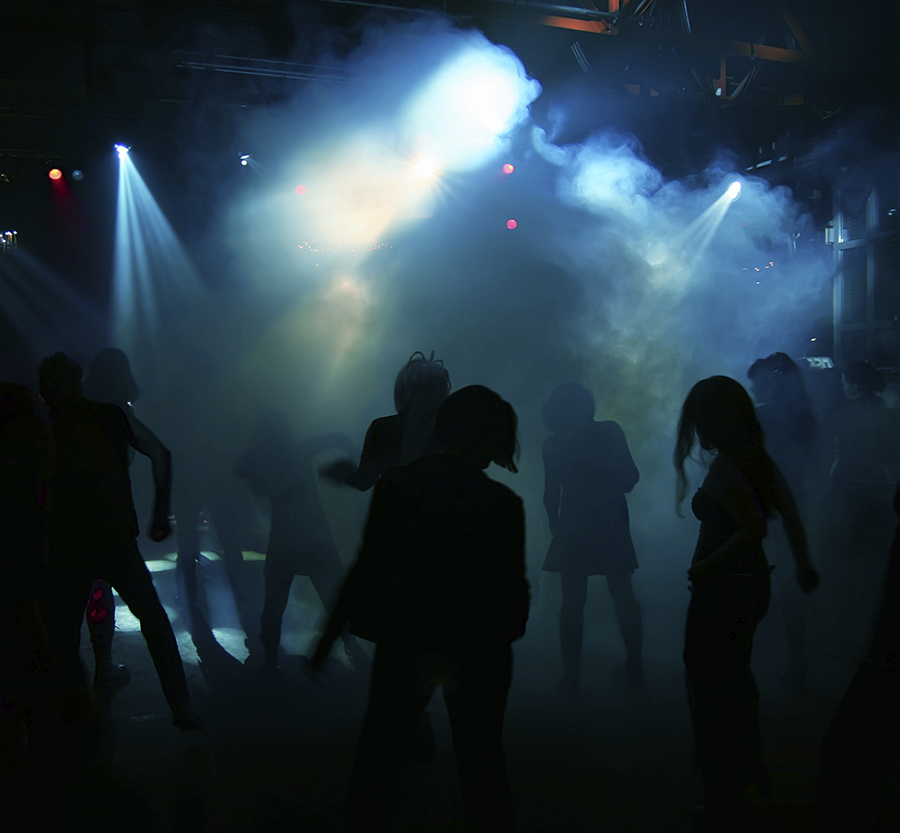Treatment for Ketamine Addiction: What is Ketamine?
Ketamine, also called Special K, is popular especially amongst the club culture – ravers, or people who go to underground music festivals known as raves. To better understand what would make effective treatment for Ketamine addiction possible, it is important to know what this drug is and what it can do.
Ketamine is an anesthetic so it works by providing pain relief and sedation. It can induce a trance like state in the user, as well as memory loss. Common side effects include a number of psychological reactions, especially as the user “comes down.” These may include agitation, confusion and psychosis among others. Also, ketamine users commonly experience elevated blood pressure and muscle tremors; and sometimes, spasms of the larynx (throat) may occur.
Ketamine Addiction: Side Effects
- Cardiovascular: irregular heartbeat, slowing of heartbeat or speeding up of heartbeat, high blood pressure or low blood pressure
- Central nervous system: Ketamine is traditionally avoided in people with or at risk of intracranial hypertension (ICP) due to concerns about ketamine causing increased pressure on the brain.
- Dermatologic: rash
- Gastrointestinal: suppressed appetite, nausea, increased salivation, vomiting
- Neuromuscular and skeletal: jerking movements
- Ocular: double vision, increased pressure behind the eyes, rapid eye movement
- Respiratory: Airway obstruction, slowed breathing or suspended breathing
- Other: Anaphylaxis, dependence, emergence reaction: Emergence reactions manifest as vivid dreams, hallucinations, and delirium
The ingredients in Ketamine have been implicated in the emergency room visits and deaths of people who assumed they were taking pure MDMA, as it is often cut with it in a club drugs like Ecstasy.
Ketamine is classified as a dissociative like PCP and DXM and causes a sense of detachment from your physical body and the external world, which is known as depersonalization and derealization. At higher doses, users experience what is called the “K-hole,” which is a state of extreme dissociation accompanied by visual and auditory hallucinations
Treatment for Ketamine Addiction: Ketamine Withdrawals
With treatment for Ketamine addiction, knowing the withdrawals that can come from excessive Ketamine abuse is important to assisting with that transition.
Common symptoms include:
- Double vision
- Hearing loss
- Rapid breathing
- Loss of motor skills
- Loss of coordination
- Depression
- Drug Cravings
- Loss of appetite
- Fatigue
- Chills, sweating
- Restlessness, tremors
- Nightmares, anxiety, depression
- Irregular and rapid heartbeat
Treatment for Ketamine Addiction: Detox
As with most any treatment program, there will be a period of detox in treatment for Ketamine addiction. Detox is the part that most people are afraid to experience, which holds them back from getting the proper treatment, but with a medical detox program in treatment for Ketamine addiction there is often non-narcotic medication used to safely and comfortably wean individuals off of substances.
Trying to go ‘cold-turkey’ is never the easiest or safest way to try and get off any drug, and Ketamine is no exception. The medical staff is there to make sure that detox is completed in a healthy and effective process.
Treatment for Ketamine Addiction: Residential Rehab
After detox, which may last from 4 to 10 days depending on your progress, you will enter the next level of the program offered in treatment for Ketamine addiction. A detox program is too often misunderstood, and is typically not enough on its own to maintain lasting recovery.
Real recovery begins with the residential inpatient rehabilitation level of treatment for Ketamine addiction, called “rehab” for short. This can last anywhere from 30 days to a few months depending on your person recovery plan, which really is only a drop in the bucket compared to a lifetime. At the rehab level, individuals reside in a safe and comfortable environment where all basic needs will be met while they attend groups.
If you are addicted to Ketamine or any other substance, help is available. You can kick the habit and begin living the life you’ve always dreamed of living. Plenty of people have been in your shoes and now are living healthy and happy lives. Please call toll-free 1-800-951-6135.
